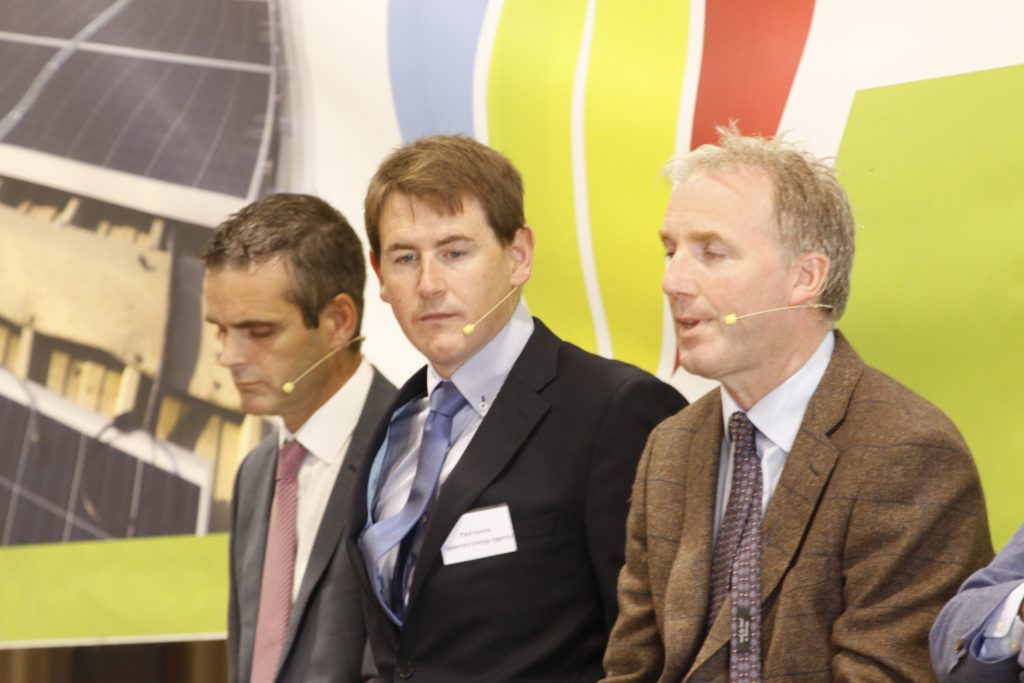New scheme will allow excess energy to be sold back to grid

14 January 2021
Individuals and communities will be able to sell their own renewable electricity into the national grid by July this year, the Department of Climate has announced.
Under the Microgeneration Support Scheme (MSS), farmers, businesses, individuals and community groups can generate their own renewable electricity through means such as solar panels on rooftops and receive payment when they sell excess energy into the grid.
“This scheme will allow people and communities to become active participants in the energy transition.
By producing and selling their own electricity citizens, farmers, business owners and community organisations can save on their energy costs and reduce their carbon footprint”, Minister for the Environment, Climate and Communications Eamon Ryan said.
Microgenerators will primarily serve the consumer’s own needs and any excess energy exported back to the grid will receive a “fair price”, according to the Department.
Minister Ryan has asked the public to take part in a consultation on how the scheme will operate and a final design is set to be implemented in July.
Sinn Fein Climate justice spokesperson Senator Lynn Boylan cautiously welcomed the scheme’s announcement, and noted it had potential to spread the benefits of the energy transition throughout society.
“The outcome is not automatically guaranteed, and the devil is in the detail,” Senator Boylan said.
“We want to see that there are no unnecessary barriers to accessing the scheme and where they do exist, that there are supports to overcome them,” she added.
The Programme for Government published in June 2020 said microgeneration would be prioritised and aimed for excess power to be sold into the grid by June 2021.
Microgeneration was also championed in the 2019 Climate Action Plan which noted that a “number of changes” were needed to facilitate the model.
This included replacing mechanical electricity metres and changing electricity market rules in order to enable micro-generated electricity to be sold onto the grid.

A “magic bullet”
While rooftop solar may not be the all-encompassing solution to hitting domestic energy targets, Paul Kenny of the Tipperary Energy Agency said in 2019 that it could be the “magic bullet” to securing citizen engagement in the energy transition.
Speaking before an Oireachtas Committee, Mr Kenny said 10 to 12 per cent of the country’s electricity needs could be met if every household had two rooftop solar panels.
Despite hitting new records for renewables on the electricity grid over the past few years, Ireland is yet to find itself on track to meet its renewable energy targets.
[x_author title=”About the Author”]







